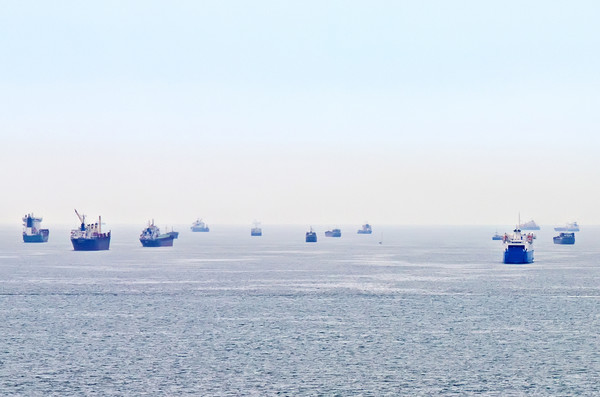WHAT: do we mean by loss prevention?
Loss Prevention (LP) is the term given to the activities that help provide anticipatory safety measures for the prevention of accidents and preserving profits. By contrast, loss reduction focuses on reducing the effect of the loss after it has occurred. The key elements of a LP offering are:
- Compliance
- Awareness
- Detection
- Investigation and Analysis
- Prevention
LP creates value for the customer by delivering advisory services that prevent and minimise losses. In addition, it will differentiate the customer from the competition, attract new customers and achieve claims lead positions.
LP is inherently a collaborative effort - working with members, brokers and internally – to gain insights which cannot be gained from statistics alone. More information and knowledge is needed to make informed (risk) decisions and provide correctly dimensioned LP measures.
WHO: are the involved parties?
Insurers
A loss prevention department is typically staffed with ex-seafarers and naval architects and will naturally interact with underwriters, claims handlers and legal experts. The internal information sharing constitutes a feedback loop where discovered trends in (for example) claims handling will be fed to underwriters and to technical and loss prevention staff to provide advice and services specifically to clients and to the maritime industry more generally.
Clients (shipowner)
A modern shipowning organisation will have key functions either in-house or outsourced. Regardless of choice, loss prevention may have both intra- and inter-organisational benefits for a client. Typically, a technical department will look at issues relating to the day-to-day operation of ships whereas commercial operations and chartering may have use of LP services relating to trading patterns, cargoes, and geographically specific issues.
Markets (peers)
In an insurance market, underwriters will avoid competing on non-sensitive issues – and specifically on safety! Sharing information such as claims statistics will lead to a higher degree of safety awareness, improved practices, and a reduction of losses.
Industry
Underwriters are in a unique position to know where things go wrong and their related costs. This combination allows the sharing of information within the industry which enables it to better prioritize and improve performance, quality, and safety.
HOW: do we interact and measure effects?
Often, underwriting and claims are organised by market and/or segment, whereas LP is typically a global function attempting to work across the entire organisation. The key to successful loss prevention lies in both internal and external collaboration and commitment. Transparency through communication encourages optimal collaboration which is recognised through regular meetings.
Close internal cooperation ensures a holistic view of the risks and the exposures. External collaboration depends on good client and stakeholder relationships. Loss prevention has the unique opportunity to work with the client not only during renewals and claims, but on a continuous basis.
Cross-industry collaboration is particularly important. To advance this, knowledge and experience must be shared. Much can also be learnt from other high-risk industries such as aviation, rail, and health care.
Risk assessments, statistical analysis, and assessing safety culture maturity are concrete measures on the risk scale encouraging the proactive and well dimensioned application of mitigation activities. Another is to measure changes in operational practices (e.g., procedures, ISM revision, Maritime Crew Resource Management (MCRM) training) and how they affect the loss ratio.
Classic LP advice consists of written materials on diverse topics (operational, cargo, legal) and facilitating officers conferences. Today, the classics still exist, mostly in digital format, but front-line LP providers have online portals for customer and broker access as well as geo-fencing based automated electronic advice services such as the TELP™ (Trade Enabling Loss Prevention (TELP) - The Swedish Club)
